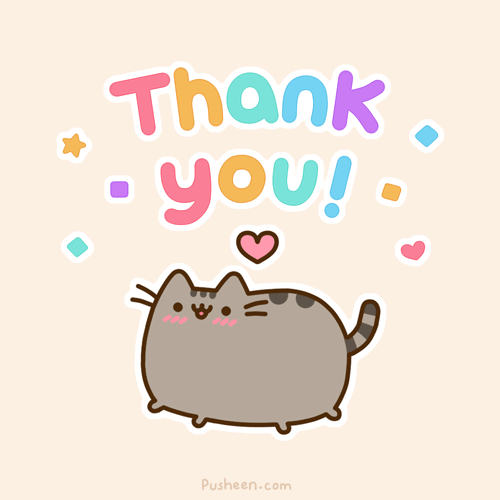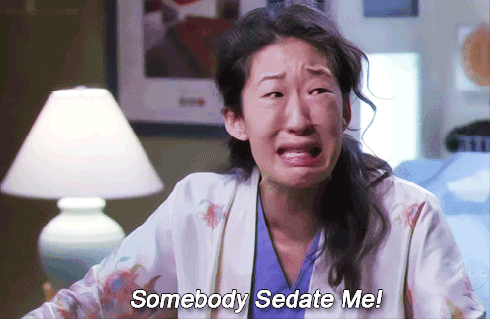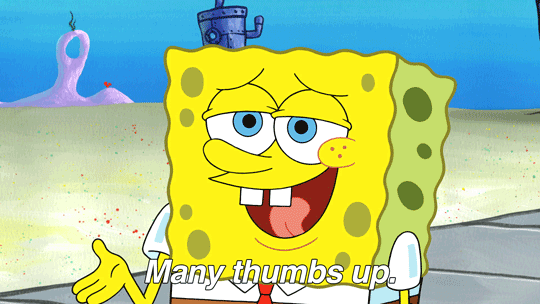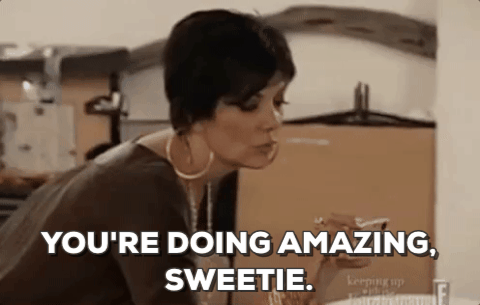ENGL 2150: Vlogs, GIFs, Twine, and Macros: Multimodal Writing Portfolio and Theory of Writing
DUE 12/17 BY 11:59PM
***Send URLs to jessericeevans@gmail.com***
Part #1: Reflection//Theory of Writing – ~500-750 words
Reflection allows us the opportunity to process knowledge and then apply that knowledge. Through reflection, we can come to an understanding and interpret what we have learned. This semester, on several occasions, we have used reflection in this way; in this final assignment you will return to this definition of reflection.
Your Self-Assessment is your opportunity to describe your experience in the course this semester. Consider the fact that you were in a hybrid class: how did this impact your learning? Think back to the un-grading policy, the early course readings, your first few responses How did these affect the ways you worked in other classes? Please provide specific examples from your Labor Logs.
You have also been developing your theory of writing and what your theory of writing means in terms of its relationship to your writing–i.e., you have been exploring whether you enact your theory of writing in your own composition. In this final reflection, you will be returning to your theory to discuss several questions, including (but not limited to):
- Define your theory of writing.
- What was your theory of writing coming into this class? How has your theory of writing evolved with each piece of composing?
- What has contributed to your theory of writing most?
- How has technology affected your theory of writing?
- How might your theory of writing be applied to other writing situations both inside and outside the classroom?
- What did/do you believe about writing?
- How does what you are learning fit in with or contradict what you already know?
- What strategies did you use to approach this writIng assignment?
- How well did this process work for you?
- Was it successful?
- Do you need to reconsider your approach?
- What technologies will you continue to use in your writing?
- What technologies are you curious to use in your writing?
For each of these questions, you will need to support your ideas with your previous writing in this course—including Labor Logs—and, through these examples, interpret what you have learned. You will create a compelling argument for whatever you decide to write for this, supported by evidence and analysis of the work completed in class this semester.
You will choose a genre to work in–letter, email, essay, journal entry, etc.–that you feel best represents your goals for your reflection and then explain why you chose that genre. In turn, you will also describe how your chosen genre affects the outcome (the final product) of your reflection.
This final reflection is an opportunity for you to demonstrate your increased knowledge in writing–the practices of writing, the key terms, and any specific skills you’ve acquired. Think of this piece as another move in the evolution of your theory of writing, and as a chance for you to fully explore yourself as a writer and maker of knowledge.
Part #2: Portfolio
The Portfolio will provide you with an opportunity to demonstrate that you’ve understood the rhetorical terms that we’ve been working with all semester—rhetorical situation, purpose, audience, genre, stance, and media. The portfolio should include examples from assignments we completed in class (labor logs, rhetorical analysis, doing database research, reflection, self-assessment, weekly blog responses, group work, etc). This will be housed on your Commons Website.
The Portfolio must contain evidence of each project you developed this term.
Assign yourself a final letter grade for both the portfolio/letter assignment as well as the whole course. Provide evidence to demonstrate that you earned the grade you assigned yourself.
SAMPLE PORTFOLIOS/REFLECTIONS:
All examples responded to different assignments; these are here to give you an idea of the variety of approaches and styles that you might consider for your own project.
Andréa’s example portfolio from a previous year
Jesse’s student in English 110
Jesse’s reflection from a M.A. Language and Literacy course at CCNY
Assignment adapted from Prof. Tom Peele, Director of First-Year Writing, CCNY






